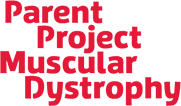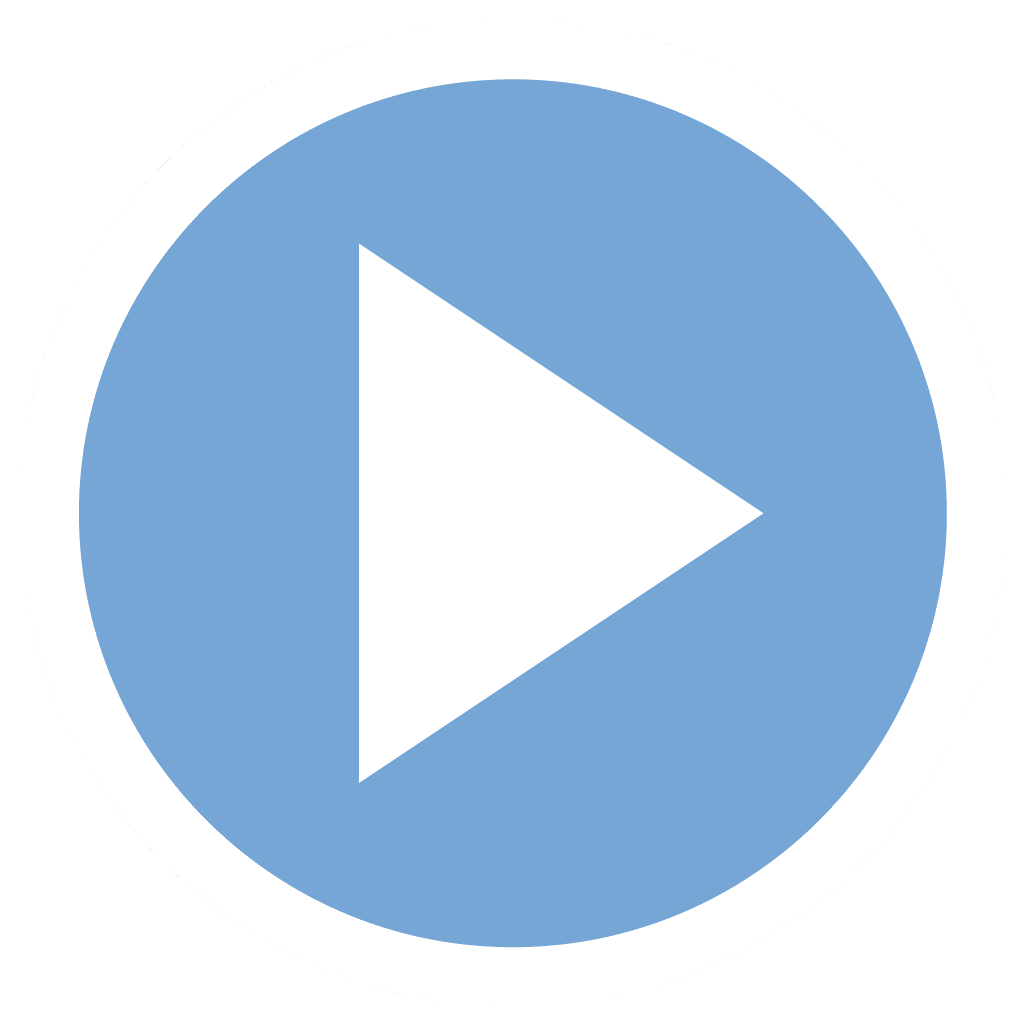There is a wealth of information available to people dealing with a DMD diagnosis. We have compiled a list of information for you on this page, including:
By providing you with these materials, we can help you better understand how to help manage DMD.
A Summary of the DMD Care Considerations Working Group for Caregivers (English & Spanish) Learn more about care guidelines for DMD that address a multidisciplinary approach and the continuum of care for DMD management.
These printable comics have been created to help your child understand what DMD is and tell them about the team of people who will help them manage it. The comics include easy-to-understand adventures that can help your child navigate their DMD journey. These comics have been developed and funded by PTC Therapeutics.
Doctor’s appointment discussion guide
My Vibe
We believe every story in the rare disease community deserves to be told.
Insightful Moments My VIBE shares experience straight from the Voices of Inspirational, Brave, and Empowering patients and families. Click here to hear some of the most recent
A selection of key scientific papers and professional guidelines on the management of DMD. The ‘Navigating scientific publications’ resource to help you to familiarize yourself with the elements and terms that are commonly seen in different types of scientific publications.
Aartsma-Rus A, et al. J Pediatr. 2019;204:305–313.e4.
https://www.jpeds.com/article/S0022-3476(18)31550-6/fulltext
Aartsma-Rus A, et al. J Med Genet. 2016;53:145–151.
https://www.ncbi.nlm.nih.gov/pmc/articles/PMC4789806/
Part 1 Birnkrant DJ, et al. Lancet Neurol. 2018;17:251–267.
Part 2 Birnkrant DJ, et al. Lancet Neurol. 2018;17:347–361.
Part 3 Birnkrant DJ, et al. Lancet Neuroll. 2018;17:445–455.
http://www.treat-nmd.eu/care/dmd/diagnosis-management-DMD/
Landfeldt E, et al. Eur J Epidemiol. 2020;35:643–653.
https://link.springer.com/article/10.1007/s10654-020-00613-8
Vita GL, Vita G. Neurol Sci. 2020;41:1677–1683.
https://www.ncbi.nlm.nih.gov/pubmed/32112218
Max Fernandez, a senior at Fordham University, has DMD. But his condition hasn’t stopped him from traveling the world and enjoying college life with the help of friends and family. In this video, Max shares his story, as well as challenges, common misconceptions about DMD, along with advice for kids and parents.
How to communicate with you healthcare providers transitioning from childhood to adulthood means moving from a pediatric medical practice to an adult practice—and this is especially important for people with DMD. Knowing what to say to a doctor, and how to say it, can be difficult, but this video has some useful tips. Sarah Tencer, MSW, talks about what to expect in your appointment, how to prepare for it, and what to do afterwards.
Challenging yourself can be scary—but there’s no better way to achieve and grow. In this video, Sarah Tencer, MSW, talks about how setting GROW and SMART goals can provide positive challenges to help you take your life in the direction that you want it to go. She also discusses resilience and identifying the tools that will help you to cope when things don’t go as planned.
Achieving an independent lifestyle is important as people with DMD approach adulthood. In this video, Sarah Tencer, MSW, gives advice on managing money by setting realistic goals, and accessing public benefits. She also offers tips on entering employment, and things to consider when searching for a place to live.
Amaris Sanchez, psychologist and expert in the formation of identity, talks about transitions in DMD medical care. This includes what needs to happen as part of an effective healthcare transition, who is involved and where to go for more information.
Eating well is essential to optimize the well-being and lifespan of people with DMD. In this video, dietitian nutritionist Sandra Arévalo-Valencia talks about how to select meals for healthy weight maintenance and bone health.
Learn about the different stretches your physiotherapist may have recommended to be done at home to help prevent the loss of flexibility that comes with DMD.
These videos are provided as examples only and are not intended to replace any advice given by your healthcare professional.
The stretches demonstrated in the videos should only be carried out if deemed suitable by your healthcare professional.
Advocacy groups play an important role in helping you connect and bond with other people affected by Duchenne as well as giving a public voice. The following patient advocacy groups are here to help by offering information, guidance, and support.

Cure Duchenne partners with biotech and pharmaceutical companies, academic institutions, and other organizations to help find a cure for Duchenne muscular dystrophy.
MDA is a nonprofit health organization that sponsors research to find effective treatments for neuromuscular diseases.

PPMD is the largest, most comprehensive nonprofit organization in the United States focused on ending Duchenne muscular dystrophy through research, advocacy, care, and education.

The Akari Foundation is dedicated to supporting Hispanic immigrant and low-income families who live with Duchenne muscular dystrophy.

The Jett Foundation partners with individuals and families with Duchenne muscular dystrophy and other neuromuscular diseases. Offers empowering educational programming, direct service experiences, and by helps accelerate development of life-changing treatments.

For patients and families facing high medical out-of-pocket costs, the fund provides financial assistance to cover costs not paid for by insurance to patients with demonstrated need.
PTC Therapeutics does not endorse organizations that sponsor linked external websites, products, or services that such organizations may offer; and does not control or guarantee the currency, accuracy, relevance or completeness of the information found on the linked external sites.
All trademarks included herein are the property of their respective owners.
Certified Care Centers provide comprehensive care and services to people living with Duchenne muscular dystrophy. The goal of these centers is to make comprehensive care available and accessible to as many patients with Duchenne and their families as possible. PTC does not warrant, whether expressed or implied, that the list of centers is accurate or complete.
The Muscular Dystrophy Association has a network of 200 specialized clinics across the United States and Puerto Rico, each with a team of healthcare professionals all at one location. Find a local clinic near you by visiting mda.org/locate, or by calling (800) 572-1717.
The Certified Duchenne Care Center Program was developed by Parent Project Muscular Dystrophy, with the help of many experts, to certify clinics and measure results, helping to ensure that centers maintain the highest standards in clinical care for Duchenne. Click here for more information and to locate a local certified center.
PTC does not recommend or endorse any center, hospital, or healthcare professional included above for any purpose, nor is the list to verify a center’s, hospitals, or specific healthcare professional’s credentials or qualifications. It is your responsibility to select a center, hospital, and/or healthcare professional appropriate to your needs, and you assume full responsibility for your interaction with any center, hospital, or healthcare professional you contact through the center list. PTC is not responsible for the medical care or advice given by any center, hospital, or healthcare professional you choose to contact.
You are about to view a website that PTC Therapeutics has not reviewed for accuracy, relevance or completeness.
PTC Therapeutics does not endorse organizations that sponsor linked external websites, products, or services that such organizations may offer; and does not control or guarantee the currency, accuracy, relevance or completeness of the information found on the linked external sites.
All trademarks includes herein are the property of their respective owners.

Sign up to receive the latest information from the Duchenne muscular dystrophy community. Be the first to receive:
News alerts
Content updates
Latest resources
Ongoing support

This site is intended for US residents only.
The information on this site is not intended to make a diagnosis or to take the place of talking to a US health care professional.
PTC Cares™ is a trademark of PTC Therapeutics.
© 2022 PTC Therapeutics, Inc. All rights reserved.
Date of preparation: September 2022
MAT-CORP-0268
Neuromuscular disorders affect the muscles and nerves, and most of the causes are genetic. This means they are either passed down through the family or caused by changes in an individual person’s genes.
Most neuromuscular disorders cause muscle weakness that worsens over time. Signs and symptoms of neuromuscular diseases can vary and may be mild, moderate, or severe.
Most often, when a child has a neuromuscular disease, they don’t grow and develop as fast as other children their age. They are often slow to start lifting their head, sitting, walking, and talking.
Treatment and supportive care may improve the symptoms of a neuromuscular disorder, increasing mobility and even life expectancy.
Muscular dystrophy is the term for a group of neuromuscular disorders that cause muscle weakness and muscle loss.
Duchenne muscular dystrophy (DMD) is a type of muscular dystrophy that causes muscle weakness that worsens over time. The progression and symptoms can vary from person to person.